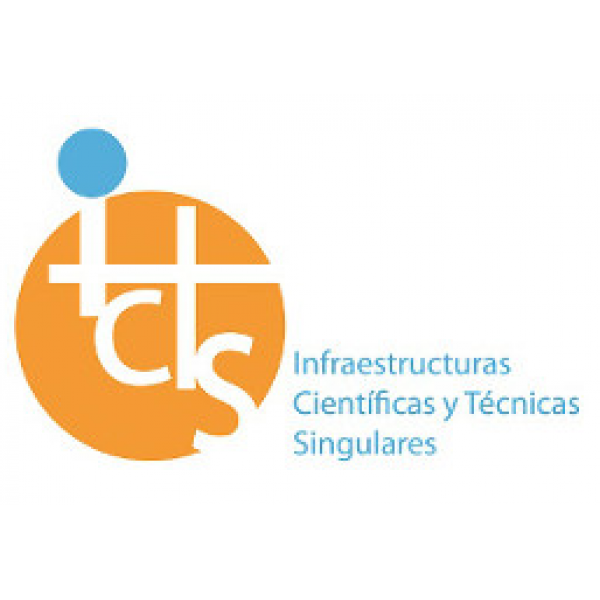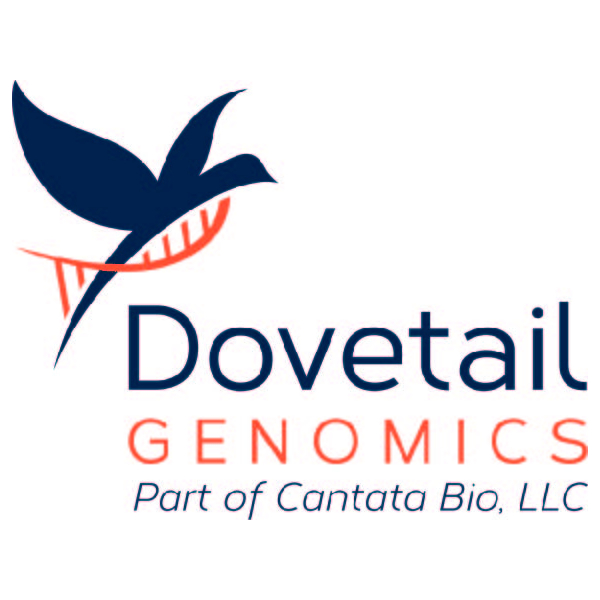
DYNAMITE is the acronym for the project 'Systems-level tracking of dynamics in T cell expansion for precision oncology'.
DYNAMITE aims to enhance the success of immune checkpoint inhibition (ICI) therapy in colorectal cancer (CRC) by developing a novel class of predictive biomarkers. While ICI has shown success in high tumor mutational burden (TMB) cancers, its efficacy in low TMB and microsatellite stable (MSS) CRC remains a challenge. The use of single-cell sequencing has significantly advanced cancer research, providing insights into tumor and immune heterogeneity. However, a profound understanding of the variations in T cell responses in time and space in CRC is still lacking, although it is crucial for predicting ICI responses accurately.
The project seeks to fill this knowledge gap by employing advanced CRC mouse models and clinical patient samples to quantitatively track T cell activity at a systems level. The general hypothesis is that T cells from CRC patients harbor valuable and quantifiable information for monitoring ICI therapy, predicting responses, and designing therapeutics. To address this, the project plans to create systems-level profiles of T cells in the context of ICI therapy for MSS CRC patients through the establishment and development of cutting-edge technologies, such as Zman-seq2 for temporal T cell labeling, Stereo-TCR-seq for spatial tracking of T cell phenotypes and clonotypes, deep TCR sequencing for liquid biopsy monitoring and in vitro-transcribed mRNA to reprogram T cells for personalized TCR cell therapy products.
With this, DYNAMITE seeks to identify targets for immuno-oncology, generate biomarkers for ICI response and revolutionize adoptive T-cell therapies by overcoming current limitations offering a less labor-intensive, more cost-effective, and faster alternative. In summary, DYNAMITE will advance our understanding of CRC and immunotherapy response in order to tailor treatments and to design better therapies, improving outcomes for CRC patients.
This research will be conducted by our Spatial Genomics Team Leader at CNAG, Anna Pascual. The project PID2023-148687OB-I00 is funded by the MCIN/AEI/10.13039/501100011033/ FEDER/UE.











